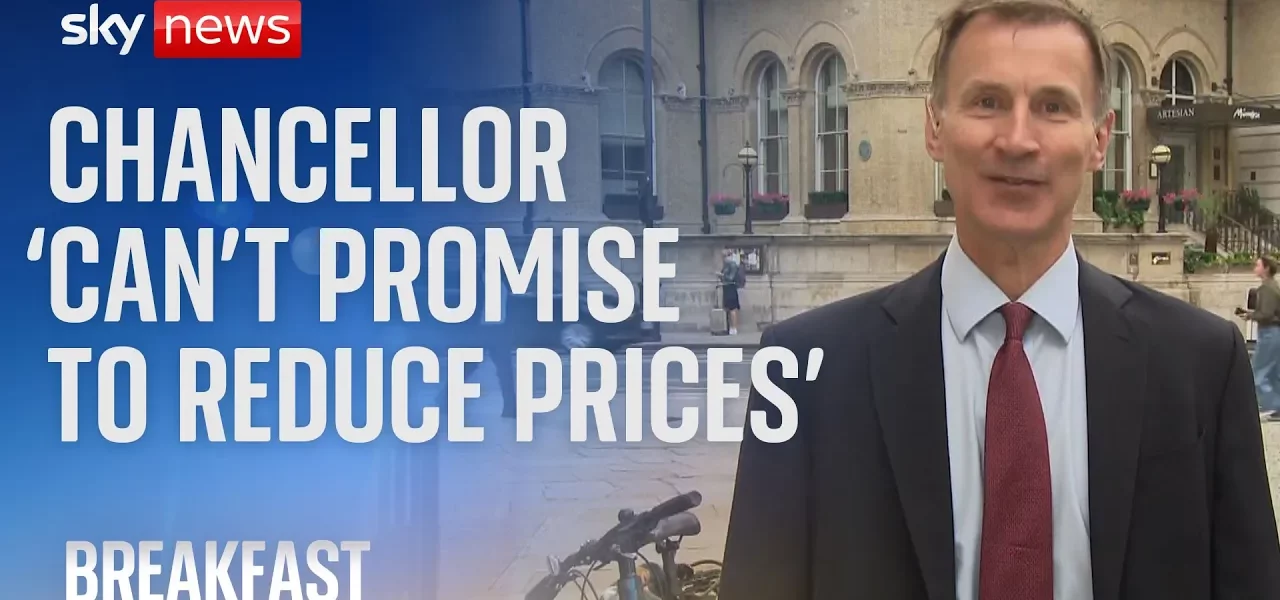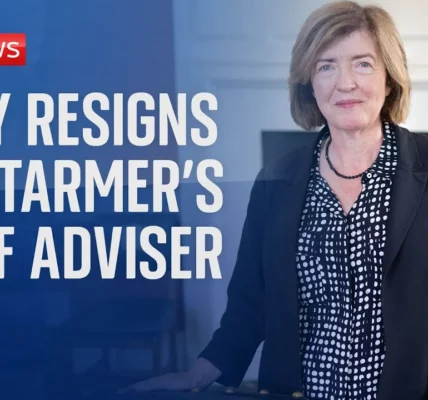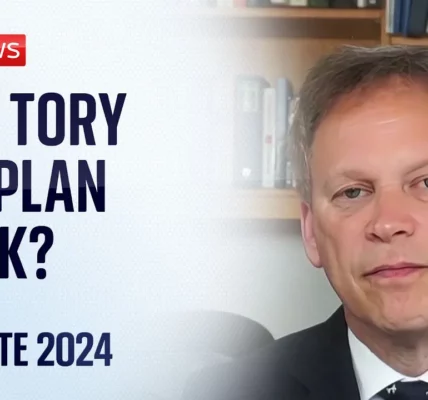Chancellor Jeremy Hunt Discusses Cost of Living and VAT on Pet Food

In this insightful interview, Chancellor Jeremy Hunt addresses pressing issues surrounding the cost of living crisis in the UK, touching on VAT implications for pet food, inflation rates, and the economic policies that aim to support households. With a focus on practical solutions, this discussion offers valuable insights for pet owners and the wider public.
Introduction
The cost of living crisis has become a significant concern for many households across the UK, with rising prices affecting everything from groceries to pet supplies. In a recent interview, Chancellor Jeremy Hunt tackled these topics head-on, using relatable examples to illustrate the challenges faced by everyday citizens. His discussion not only highlighted the economic strategies in place but also raised pertinent questions about tax policies, particularly regarding VAT on pet food. As pet ownership continues to rise, understanding how government actions impact pet owners is crucial.
The Rising Cost of Pet Food
One of the most relatable points raised in the interview was the surge in pet food prices. With 33% of households in the UK owning a dog, the implications of rising pet food costs are far-reaching. The Chancellor pointed out that dog food prices have skyrocketed by 58% this year, leaving many pet owners concerned about affordability.
Impact on Dog Owners
- Affordability: As dog food prices increase, pet owners face difficult choices regarding their budgets.
- Welfare: Higher costs may impact the ability to provide adequate nutrition for pets.
- Market Dynamics: Understanding how market forces determine pet food prices is essential for consumers.
Government Response
During the conversation, Hunt was asked about the possibility of reducing VAT on pet food. While he acknowledged the rising costs, he refrained from committing to specific tax reductions, stating, “I can’t make a commitment about reducing prices.” Instead, he emphasized the government’s goal to stabilize the economy and support the Bank of England in managing inflation.
Addressing Inflation and Wages
Inflation remains a critical issue affecting the cost of living. Chancellor Hunt explained that the government’s efforts are focused on ensuring that wages grow at a faster rate than prices, which has reportedly been the case for the past ten months. This approach aims to ease the financial burden on families and individuals.
Key Economic Strategies
- Support for the Bank of England: Collaborating to manage inflation effectively.
- Wage Growth Initiatives: Promoting policies that encourage salary increases to outpace inflation.
- Tax Policies: Committing to not increase VAT, income tax, or National Insurance under a Conservative government.
Challenges Ahead
Despite these strategies, Hunt acknowledged the challenges posed by external factors, such as global economic pressures and market fluctuations. The discussion pointed to the necessity for sustained government action to protect consumers from further price hikes.
Pensioners and Tax Considerations
Another significant topic addressed was the impact of tax policies on pensioners. Hunt argued that the Conservative government has made substantial efforts to protect pensioners from rising taxes, including maintaining income tax thresholds in line with inflation.
Support for Pensioners
- Triple Lock System: Ensuring state pensions increase to keep up with inflation.
- Tax Relief: Plans to save the average pensioner approximately £100 annually by adjusting tax thresholds.
- Long-Term Financial Security: Aiming to reduce poverty rates among pensioners through strategic financial policies.
Criticism and Accountability
Despite these commitments, Hunt faced criticism regarding past tax policies that have affected pensioners. The interviewer highlighted that pensioners had previously enjoyed a higher tax-free allowance, which has since diminished. Hunt defended the government’s record by emphasizing the overall improvements in pensioner welfare and poverty reduction.
The Future of Economic Policies
Looking ahead, Chancellor Hunt expressed a clear commitment to reducing the tax burden under a Conservative government, contrasting it with the Labour Party’s approach. He emphasized that successful economies worldwide tend to have lower tax rates, and the Conservative party aims to mirror this model.
Potential Risks
Hunt warned that a change in government could jeopardize the progress made in stabilizing the economy. He pointed to the Labour Party’s spending commitments as a potential risk that could lead to increased taxes and higher interest rates.
Conclusion
In summary, Chancellor Jeremy Hunt’s interview shed light on critical issues surrounding the cost of living, particularly the rising costs of pet food and the broader economic strategies aimed at alleviating financial pressures on households. While he did not commit to specific tax reductions for pet food, his emphasis on stabilizing the economy and managing inflation offers some reassurance to concerned citizens. As discussions continue, it is vital for pet owners and all consumers to stay informed about potential policy changes that could impact their finances.
For more insights on economic policies and their implications on everyday life, explore our related articles on the UK economy and cost-saving strategies.
“`




